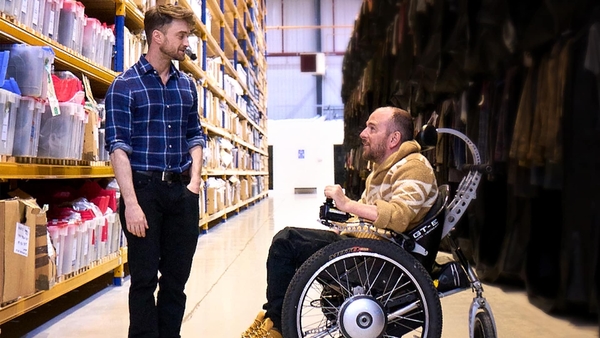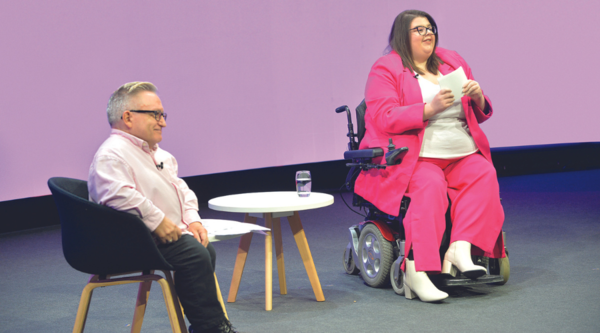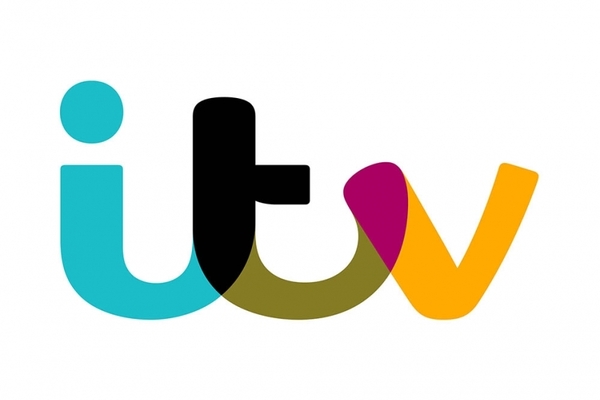Where have all the disabled people gone?
Representation of disabled people on and off screen has risen in recent years, but it is still woefully short of reflecting the reality of Britain today.
A lively panel of disabled talent will debate why this is, how good or not portrayal is and what more can be done.
Click here to read the event report or watch the highlights below.





